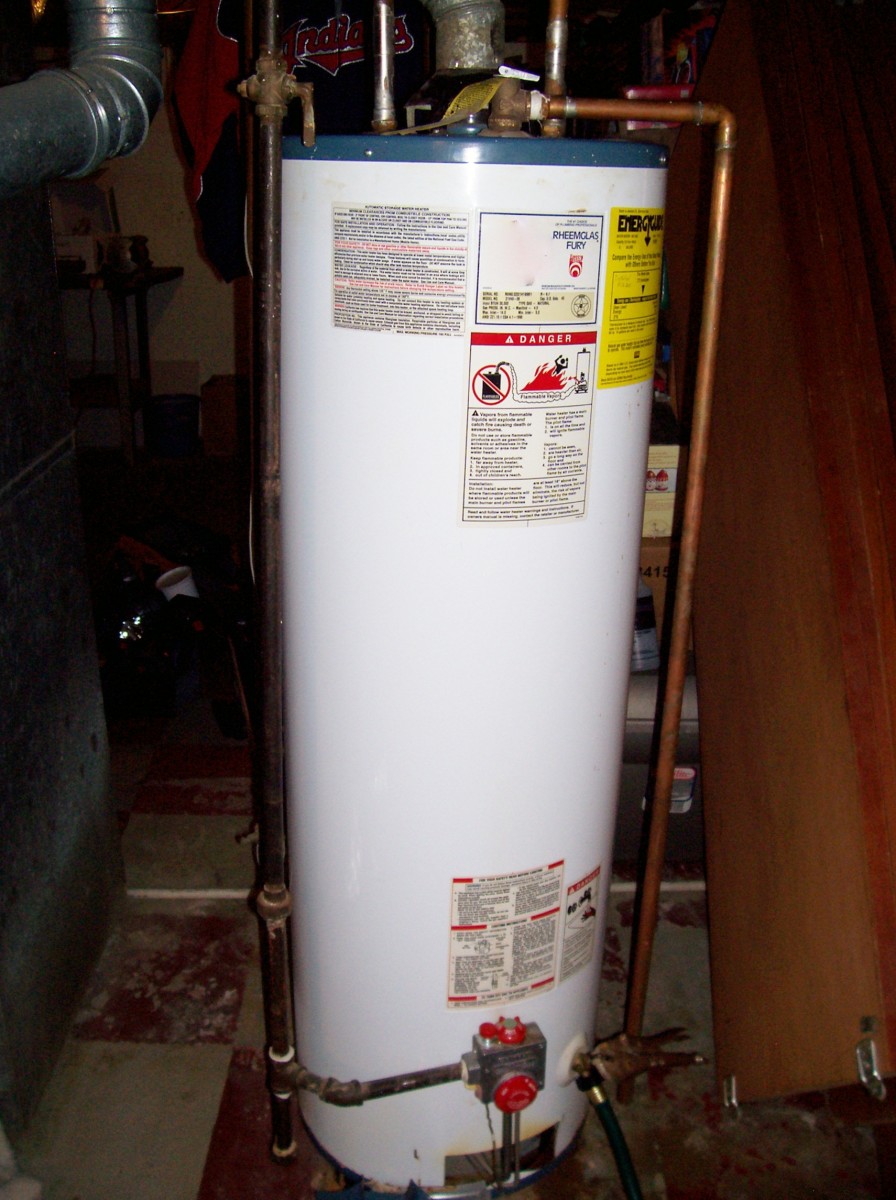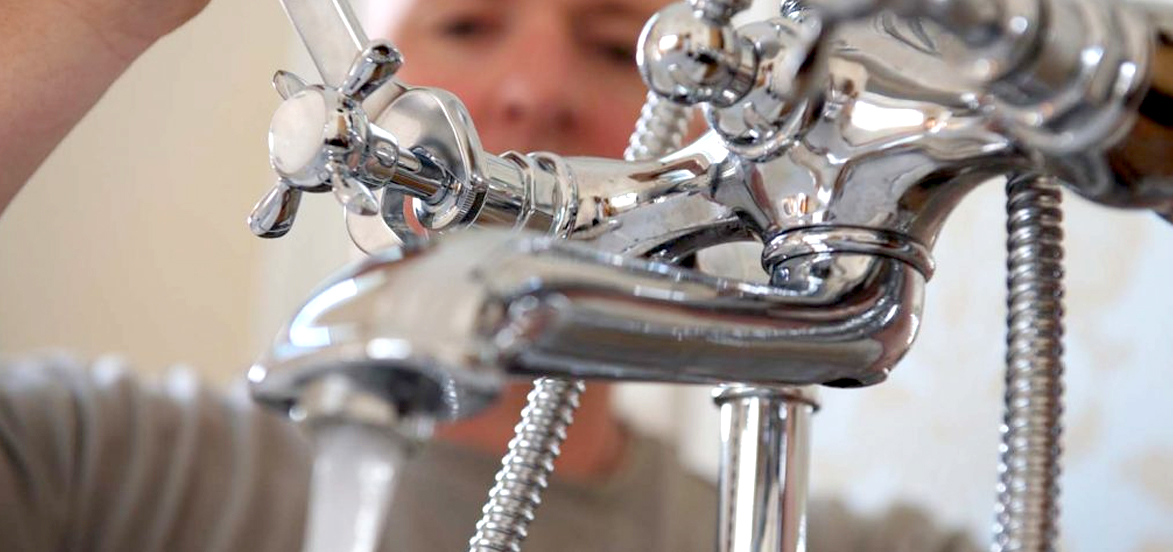Leading 5 Factors for Water Leaks
Leading 5 Factors for Water Leaks
Blog Article
Just how do you feel with regards to How to Find and Prevent Water Leaks in Your Home?

"Be careful of little expenditures. A small leak will sink a terrific ship." - Benjamin Franklin.
He couldn't have actually been more ideal since water leaks in our homes cause a waste of sources, enhancing our water costs. Although this boost might appear minimal initially, it can cause substantial expenditures that can break your bank. In addition to an increase in bills, water leaks also create undesirable natural growth, architectural damages, and also also electrical risks.
Determining if you have a water leak isn't constantly simple because of being incapable to see the majority of the pipework in your house. If you have had an increase in your water expenses recently, saw water stains on ceilings as well as walls, scented poor smell, etc. You may intend to consider asking for plumbing solutions to get it looked into.
There are several causes of water leaks, and we have actually assembled the common reasons listed below. Inspect to see if you have had relevant concerns in your house lately.
Clogged drains
Food bits, dust, as well as grease can cause clogged drains pipes as well as obstruct the passage of water in and out of your sink. If undealt with, increased stress within the gutters can create an overflow as well as end up splitting or breaking pipes. To avoid clogged up drains pipes in your house, we advise you to avoid putting particles down the drain and regular cleansing of sinks.
High water pressure
You saw your home water pressure is higher than common however then, why should you care? It's out of your control.
It would certainly be best if you cared since your ordinary water stress should be 60 Psi (per square inch) and although your home's plumbing system is designed to endure 80 Psi. An increase in water pressure can place a stress on your home pipes and lead to cracks, or worse, burst pipelines. Get in touch with an expert about managing it if you ever observe that your residence water stress is greater than typical.
Rust
As your pipework grows older, it gets weak as well as a lot more prone to rust after the constant passage of water through them, which can eat away at pipelines and create splits. A visible indication of deterioration in your house plumbing system is staining and also although this might be hard to spot as a result of many pipelines hidden away. Once they are old to make sure a sound plumbing system, we suggest doing a constant examination every few years and change pipelines
Compromised pipeline joints
Pipe joints are the parts of our plumbing system where the pipelines attach. It is vital to keep in mind that even though pipes are made to withstand pressure and last for a while, they weren't designed to last forever; consequently, they would wear away over time. An usual indication of harmed pipe joints is too much sound from faucets.
Busted seals
Another cause of water leakages in residences is damaged seals of home appliances that make use of water, e.g., a dishwasher. When such home appliances are set up, seals are set up around water adapters for easy passage of water with the device. For this reason, a busted seal can trigger leak of water when being used.
With little or no expertise of plumbing, recognizing your house's plumbing system enough to repair a few of these problems (without repercussion) can be a hassle. Contact plumbing professionals in Pittsburgh, Providence, Rochester, as well as environ today, as well as they'll make those problems disappear.
He couldn't have actually been much more appropriate since water leakages in our houses result in a waste of resources, increasing our water expenses. If you have had an increase in your water expenses recently, discovered water stains on ceilings as well as walls, scented poor odor, etc. A rise in water stress can put a strain on your residence pipes and lead to fractures, or even worse, ruptured pipes. One more reason of water leakages in houses is broken seals of home devices that use water, e.g., a dishwashing machine. When such devices are set up, seals are set up around water connectors for simple flow of water with the machine.
5 TIPS IN DETECTING A WATER LEAK IN YOUR HOUSE
Water leaks can be hard to find in your home, yet they can be so common. We rely on water every day in our home, which is why a leak can cause big problems. By detecting them early, you can save money and further damage, getting the problem fixed as soon as possible. Here are 5 tips to help you detect a water leak in your home, so you can contact a plumber straight away and get the issue sorted.
Check your water meter
Many people underestimate the value of the water meter in their home. It can be one of the best ways to tell if you have a leak early on, so you can get on top of it before issues start arising. Start by turning off all the water in your home: taps, washing machine, dishwasher, etc. Now take a look at the meter – if it’s still changing with everything turned off, it’s likely you have a fast-flowing leak that you need to get on top of straight away. If nothing changes, then leave your meter for an hour or two and come back to it. Did it change in this time? It’s likely you have a slower leak, which isn’t as urgent but still handy to get fixed so it doesn’t become a bigger problem.
Keep an eye on your bill
Another good way to detect a leak in your home is by keeping an eye on your water bill. It helps if you have a past bill from the same period of time. You can compare like for like and determine whether your water usage has increased significantly. If it has, there may be a leak in your system that you haven’t picked up before. A professional plumber can check through all of your pipes and determine where it is coming from.
Look for damage
If you have a leak inside your home, you will notice damage over time. Take a look at your showers and bathtubs and note whether any of the tiles surrounding the area seem to be discoloured or damaged in any way. There may be water stains, mould or peeling material that has resulted from a build up of moisture over time. Make sure you take a look under sinks at the back of cupboards that don’t get accessed regularly. This is where damage can go unnoticed and build up over periods of time.

We hope you enjoyed reading our topic on How to Find and Prevent Water Leaks in Your Home. Thanks a lot for taking time blog. Don't hesitate to take the time to promote this blog posting if you enjoyed reading it. Thanks a lot for your time. Visit us again soon.
Best solutions here. Report this page